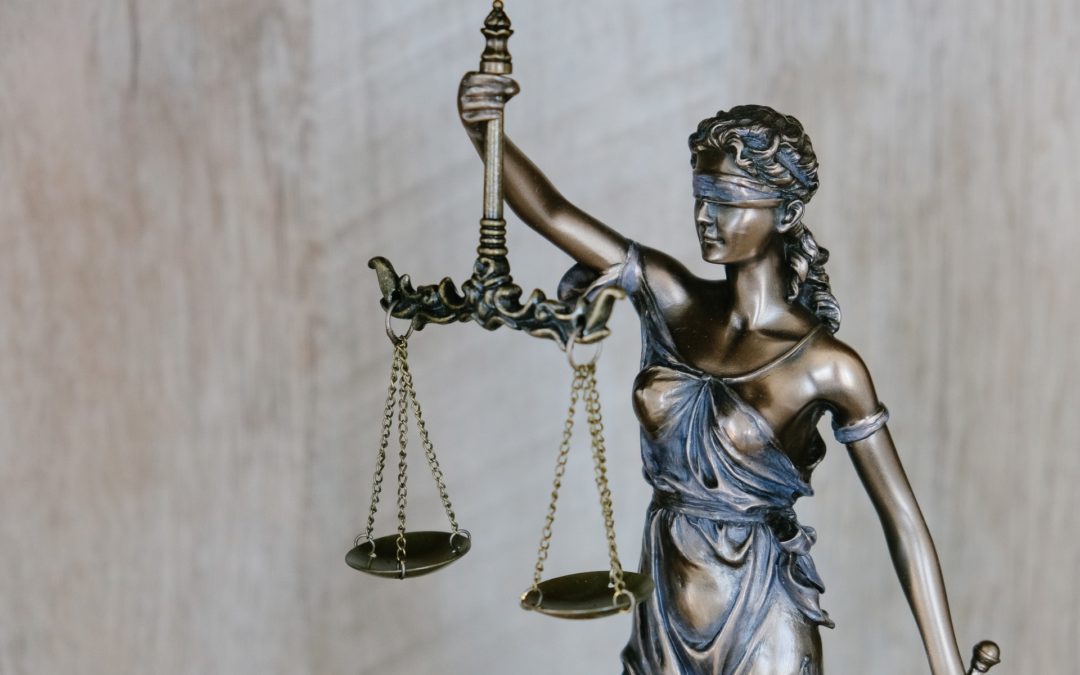This week Hannah Stone, our Poet Theologian in Virtual Residence, turns her attention to Ninian Smart’s ‘dimensions’ of religion – ethical and legal, and asks us to watch out for the opportunities to “act on the spirit of the law, and cherish it, being warmed by acts of kindness, patience and self-sacrifice”.
Ethics is an important aspect of Christian teaching and experience. But who makes the laws, and how should we obey them? What should we do if secular laws appear in conflict with religious teachings? There has long been a tradition of people of faith protesting against events and circumstances, and maybe even the laws of the land. For example, members of the Religious Society of Friends are opposed to warfare, so will serve prison sentences as conscientious objectors, rather than submit to conscription. Acts of civil disobedience to do with race relations, nuclear disarmament, poll tax, and even some of the restrictions imposed in attempts to curb the spread of Covid-19 may show people of faith pitting their sense of what is ethical against state. It can be challenging to work out exactly what is the right thing to do, not least when the rules are confusing (even the Prime Minister stumbled recently in explaining the rule of six and various local restrictions currently in place). Maybe we have to ask questions: and where better to start than the House of Questions project created by Phill Hopkins and Charlotte Naylor Davis.
St Paul writes a lot about how to discern the right thing to do, and distinguished between the letter and the spirit of the law (2 Cor 3:6). I’m not advocating that we necessarily adopt this in place of whatever constantly evolving rules are promulgated from Westminster, but let us bear in mind that St Paul is taking about a new covenant with God, where seeking to understand the ‘spirit’ of the law replaces the rigorous (and perhaps blind) adherence to the ‘letter’ of laws enforced on a nation under occupation by Rome, or inherited from the Jewish teachings. And in plenty of other places in his letters of advice and encouragement he explains how we may recognise the presence of the Spirit – through acts of kindness, patience and self-sacrifice.
T S Eliot’s play, Murder in the Cathedral, is an imaginative reconstruction of the events behind the murder, by his nobles, of Archbishop Thomas Becket in Canterbury Cathedral, in December 1170. In an echo of the temptations offered to Jesus in the wilderness, there is conflict between temporal and divine power. Becket is appealed to by the Chorus to make a decision:
‘save us, save us, save yourself that we may be saved;
Destroy yourself and we are destroyed.’
Becket’s answer resonates through the centuries:
‘The last temptation is the greatest treason:
To do the right deed for the wrong reason.’
It’s a little too glib to see those wonderful lines as the answer to all our doubts as to how to behave at the moment. But maybe we can watch out for the opportunities to act on the spirit of the law, and cherish it, being warmed by acts of kindness, patience and self-sacrifice.

